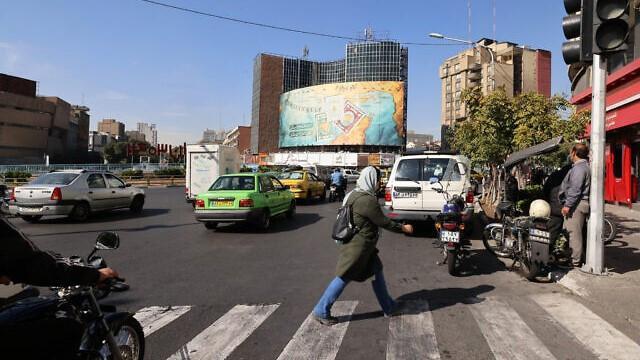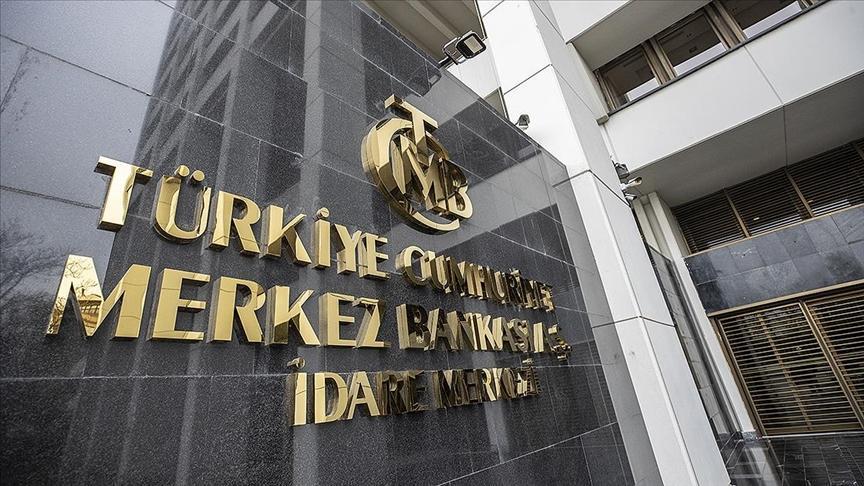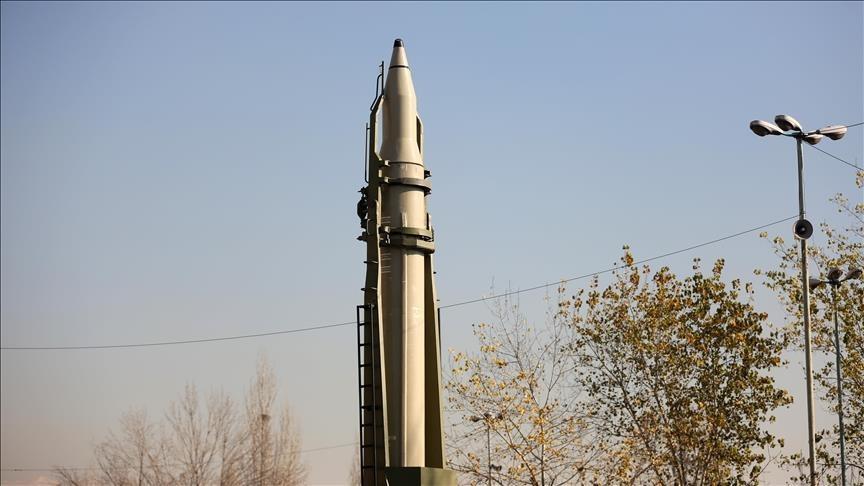A bizarre French-Greek alliance against Turkey
It has become clear that both France and Greece see the former’s EU term presidency in the first half of 2022 as an opportunity to advance their adversarial policies against Turkey especially in the context of the eastern Mediterranean conflict.
French President Emmanuel Macron uses almost all the platforms to voice his categorical demonization of Turkey as the only responsible country for the regional problems, including Libya, the eastern Mediterranean, Syria, Caucasus and others.
The fact that Macron continuously refers to Turkey not only in terms of the current regional issues but also even in historical discussions about Algeria clearly shows that the French president wants to further exploit the anti-Turkey rhetoric as an important tool before the upcoming elections.
Keeping the anti-Turkey agenda alive may serve to cover up Macron’s failures on many international platforms, especially in the aftermath of the crisis with the United States over the submarine deal with Australia.
These are enough evidence to expect more from the French leadership ahead of the presidential polls.
As for Greece, the Athens summit with the participation of the foreign ministers of Greece, France, Greek Cyprus and Egypt is not surprising. It’s a continuation of Greek efforts to establish regional alliances mainly against Turkey.
These alliances are more than purely political, as they involve extensive arms deals and frequent military exercises that demonstrate a dangerous military buildup against NATO’s second-largest army in an already unstable region.
Greek Foreign Minister Nikos Dendias, known for his aggressive statements on Turkey, has portrayed the scope and content of the four-way meeting in the bluntest way. “The challenges we face in the Aegean, the eastern Mediterranean, and Libya are the same. And the common denominator of most of them remains neighboring Turkey,” Dendias claimed, in his lengthy anti-Turkey discourse. Ironically, he also argued that “today’s meeting is not a meeting against Turkey.”
Fortunately, not all the countries in the EU and in the Mediterranean share this French-Greek categorization that describes Turkey as the “common denominator” or the source of threat in the context of regional problems.
Take Spain and Italy, for example. Spanish Prime Minister Pedro Sanchez, who was in Turkey last week for inter-governmental talks, has described Turkey not only as a neighbor but also “an ally of the European Union.” Hailing very good ties between Turkey and Spain, Prime Minister Sanchez vowed to further deepen the cooperation with Turkey in various fields. (It’s also not surprising to read from Greek media about the panic mood in Athens following the Spanish-Turkish talks on the continued cooperation in the field of the defense industry.)
Italy is following a very balanced diplomacy when it comes to Libya and the eastern Mediterranean and has never ignored Turkey’s role. That’s why consultations between the two countries have never been abandoned. In the meantime, Germany, as the leading European power, prefers to focus on the real problems in the continent and is sliding over Greece’s calls for a tougher European stance against Turkey.
Plus, the continuation of the de-escalation in the eastern Mediterranean makes Greek calls invalid and inappropriate. Except for a few provocative moves by Greek Cyprus by trying to deploy a science vessel to the disputed waters in the eastern Mediterranean, the calmness prevails and it is offering a very good opportunity for an inclusive Mediterranean conference with the participation of all the littoral countries.
It was not long ago that the EU tasked Josep Borrell, the high representative for foreign and security policies, to work to organize a conference to tackle the problems stemming from the eastern Mediterranean. Instead of taking parts in weird alliances against a NATO ally, wouldn’t it be a better achievement for Paris to help Borrell to organize an inclusive meeting during its term presidency?











